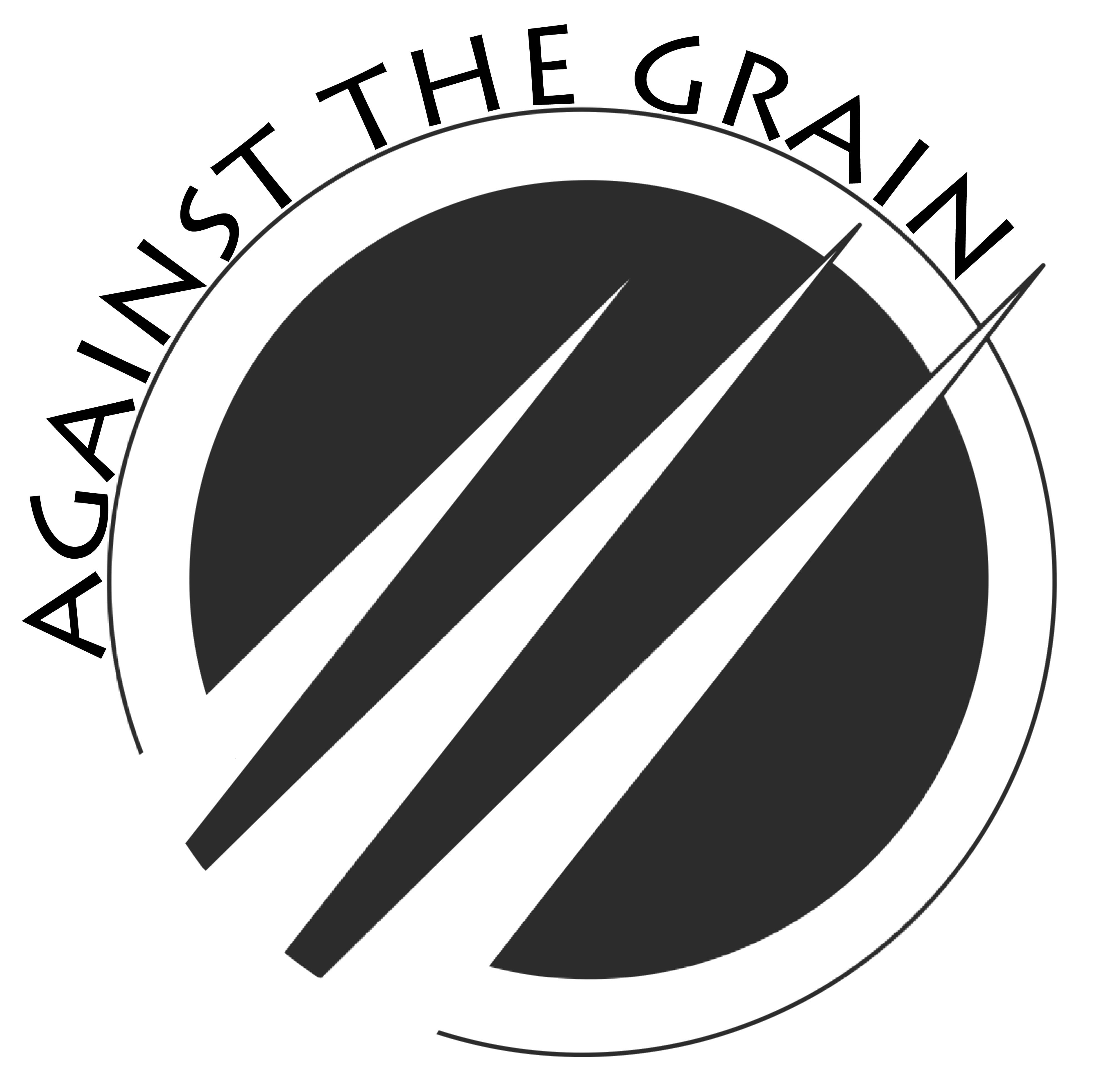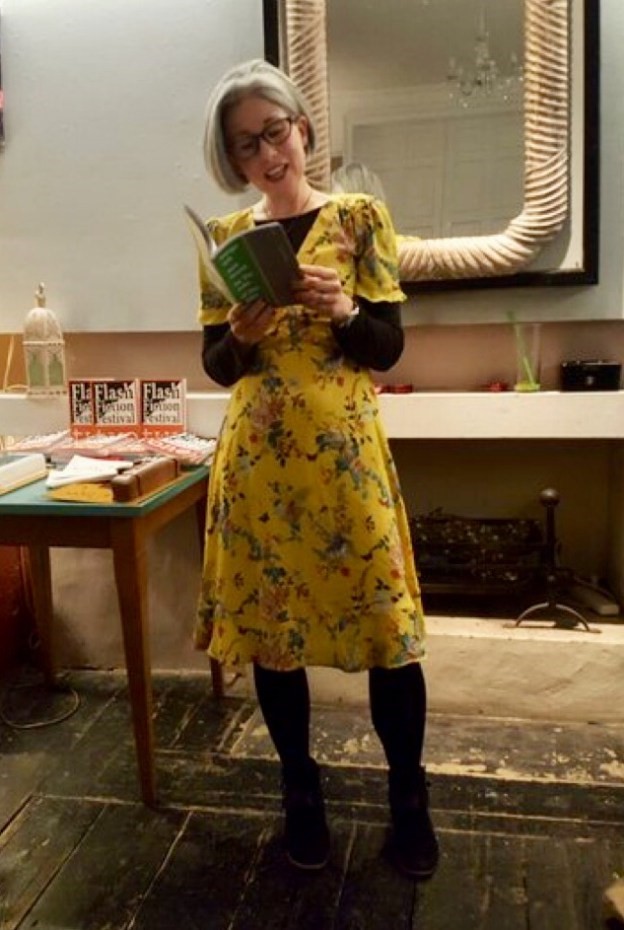 Being asked to judge the Against The Grain Poetry Press competition was both an honour and a joy, but also a responsibility. My sense of all three deepened as I read the nearly 600 poems entered for this year’s contest. These were wide-ranging in form, style and content including: contemporary life, love and loss; narratives, landscapes and character portraits; muses, art, folklore, history, politics, environmental and literary influenced pieces… I was moved, bewitched and awed by striking images, metaphors, the music of the words, and more.
Being asked to judge the Against The Grain Poetry Press competition was both an honour and a joy, but also a responsibility. My sense of all three deepened as I read the nearly 600 poems entered for this year’s contest. These were wide-ranging in form, style and content including: contemporary life, love and loss; narratives, landscapes and character portraits; muses, art, folklore, history, politics, environmental and literary influenced pieces… I was moved, bewitched and awed by striking images, metaphors, the music of the words, and more.
Every poem was read and enjoyed. Overall, I came away with a sense of passion, conviction and caring. I was reminded of the power of poetry and my own love of language. No matter how far an individual poem came in this particular competition, all of the poems were part of this effect and I’d like to thank all entrants for that.
For those interested in the judging process, over many readings and re-readings, I self-sifted the nearly 600 poems down to a very rough longlist of around 90 poems, a more decisive longlist of 38 poems, a shortlist of 21 poems and then a top nine, before finally deciding my winners .Throughout this process, I was looking to see how poems resonated and continued to resonate both during the reading and in the gaps between my reading when I was busy with other things. Another thing that I like to do, particularly further through the process, is play devil’s advocate and throw accusatory questions /potential faults at the poems, such as ‘But does it show y?’ or ‘Could it have done z better?’ etc. Most poems that rose to the top robustly refuted the accusations. Others came back with the answer: ‘But even if this were true, wouldn’t that mean I’m even more brilliant since you still keep coming back to me?’.
I’d like to congratulate and thank everyone whose poem made my final shortlist below. To those who didn’t make the shortlist this time, I’d say please don’t be discouraged. There was so much that I admired in all the poems, but my job was to pick just three winners.
First: starlings – Kathryn Bevis
Second: At a stroke – Jane Pearn
Third: Pebble – Jane Lovell
Special Mentions:
A Special Parachute Descent – Jane Burn
Songs the Owls Brought – Alexandra Melville
The Paddock – Michéle Beck
Top Nine
A Special Parachute Descent – Jane Burn
After the Crash – Catherine Edmunds
At a stroke – Jane Pearn
Pebble – Jane Lovell
Pinocchio – Alexandra Melville
Princess Alexandra and the Glass Piano – Lucy Dixcart
Songs the Owls Brought – Alexandra Melville
starlings – Kathryn Bevis
The Paddock – Michéle Beck
Shortlist
A Special Parachute Descent – Jane Burn
Above the Lake – Graham Burchell
After the Crash – Catherine Edmunds
Armoire – Alexandra Melville
At a stroke – Jane Pearn
Baba Yaga’s Bungalow – William Stephenson
Charybdis – Sarah Doyle
Gannet – Karen Izod
Learning to accessorise – Alexandra Citron
Metal – Catherine Edmunds
Only the Moon – Steve Walter
Pebble – Jane Lovell
Pinocchio – Alexandra Melville
Princess Alexandra and the Glass Piano – Lucy Dixcart
Snow Holiday, Brighton – Patricia Childerhouse
Songs the Owls Brought – Alexandra Melville
starlings – Kathryn Bevis
The Paddock – Michéle Beck
This shy architect – Dena Fakhro
Threads of Thought – Denise Bundred
What’s A Job’s Worth? – Benjamin Cusden
starlings – This poem looks beautiful on the page and is powerful, energising and musical to read aloud. Comparatively everyday words are combined to create an imaginative and evocative new vocabulary in which sound also plays a key effect. Form and content work as one, and repetition is used in a wonderfully reinforcing and accumulative effect across the poem. Although ostensibly about starlings, the spiritual level of the poem allows it to be read analogically in a way that’s relevant to human experience, society and community. This memorable poem reverberated in my mind and emotions more and more after and between each re-reading.
At a stroke – In this poem, again, I had the impression of well-placed, carefully weighted, imagery, metaphors and sounds. Use of punctuation, white space and crossings-out felt crafted and precisely poised with a befittingly musicianlike sense of timing, all reinforcing the moving narrative of illness and loss, as well as characterisation. A moving, “beautifully judged” poem.
Pebble – This beautiful poem addressing a pebble as “small symbol of this precarious world” unfolds to something much larger – encompassing nature, human experience and the essence of life itself. I was struck by the striking images in this poem, the sounds of the words chosen and its shape on the page, reflecting a tidal tug and flow. Every time I re-read this evocative poem, I was struck by a sense of wonder that remained with me.
I look forward to discovering the poets behind the winning poems, and hopefully enjoying more of their work in future.
We will be publishing the winners and special mentions…





